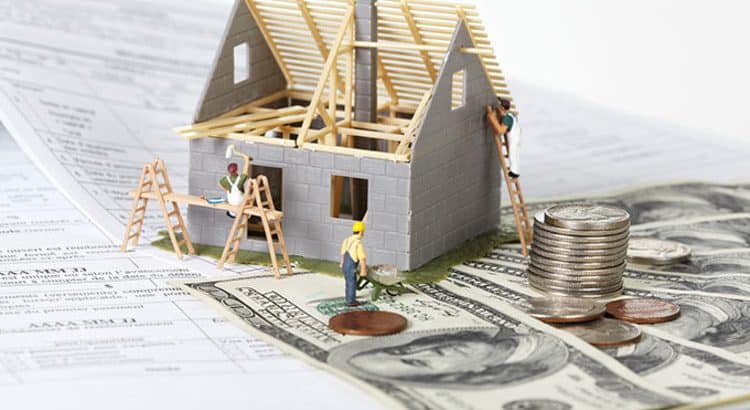If you love your home, a renovation could help you love it even more. Depending on your budget and interests, a new renovation could add space to your house, upgrade an old setting, or help you appreciate your home in a fundamentally new way. The trouble is, renovations are expensive.
So what steps can you take to afford one?
Option 1: Saving Money
The first and most straightforward option is to pay for the renovation in cash, using money that you’ve saved up over time. If you’re currently living paycheck to paycheck, or if you don’t have much cash on hand, this may not seem feasible. But with even a small handful of changes, and a bit of patience, you should be able to save up all the money you need for the renovation.
You can start by increasing the amount of money you have coming in:
New certifications, skills, and responsibilities. One option is to gain new certifications, skills, and responsibilities in your career. For example, aerial lift certification can give you the education and training necessary to responsibly handle an aerial lift. These new assets make you much more valuable to prospective employers. In some cases, they can qualify you for promotions and raises. Even a small raise might be enough to help you save the money you need.
Job or career changes. Alternatively, you could try to change jobs or careers. Even switching jobs could be enough to help you make more money; in fact, if you have another job opportunity lined up, your employer might be incentivized to give you a raise and a reason to stay. Depending on your position, it might also make sense to get some new education and training to pursue a new career field entirely.
Side gigs and investments. You can also take on new side gigs and invest your money in assets that generate passive income. For example, moonlighting as a delivery driver or investing in stocks that pay dividends could help you generate a meaningful stream of extra income every month.
Then, work on reducing your expenses. These are some of the most accessible options:
Eating out. How often do you pay for meals at restaurants or stop for a quick snack at a local establishment? Chances are, you could save a lot of money by cooking your own meals at home. It might take some extra time, but you’ll also get the benefits of taking control over your nutritional intake.
Entertainment. Take a look at how much you’re spending on entertainment; it might be more than you imagine. Cutting out cable, reducing entertainment subscriptions, and skipping a vacation or two could help you save thousands of dollars in the long term.
Credit card debt. The average credit card interest rate is 27.62 percent as of the time of this article’s writing. If you have a standing balance on your credit cards, this represents money you’re losing at a constant rate. Focus on paying down your credit card debt so this ceases to become a financial burden.
Imagine that you’re making an extra $500 a month and you’re spending $500 a month less, which is fully possible for most people, even if it means making some sacrifices. This should net you an extra $1,000 every month in savings, or $12,000 a year. Even the most intensive renovations should only take a few years of savings to fully fund.

Option 2: Financing
The other option is to finance your renovation, which you can do through a number of channels.
HELOCs and home equity loans. A home equity line of credit (HELOC) might be your best option. This allows you to take advantage of the equity in your home at a fairly low interest rate. Home equity loans work very similarly, but are somewhat less flexible.
Cash out refinancing. Alternatively, if you stand to benefit from a lower mortgage interest rate, consider refinancing your home with a cash out refinance. This, too, allows you to tap into your existing equity, enabling you to pull out cash for whatever purpose you desire.
Personal loan. If you have a good credit score, you might qualify for a personal loan at your local bank. However, this may have a higher interest rate than either of the previous options.
Friends and family. If you have good relationships with friends or family members, consider asking them for a loan. Just be sure you have a mutual understanding of the terms.
Credit cards. Most credit cards have a very high interest rate and should be considered an option of last resort.
Financing does introduce some extra risks and complications, but saving extra money demands diligence and sacrifice. Choose whichever combination of options works best for you and create a plan that allows you to move forward with the renovation of your dreams.











